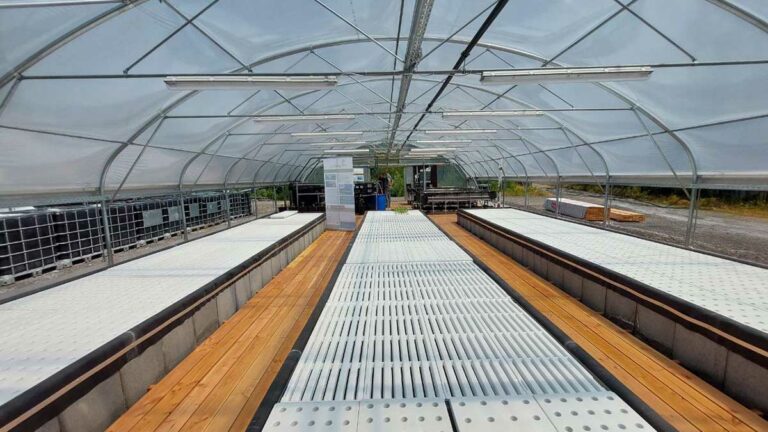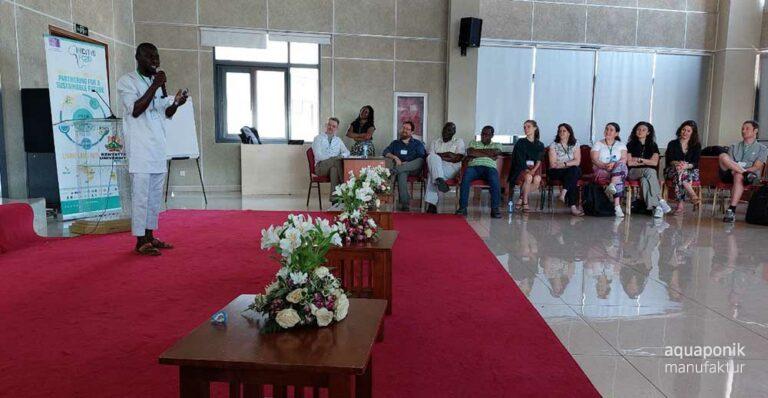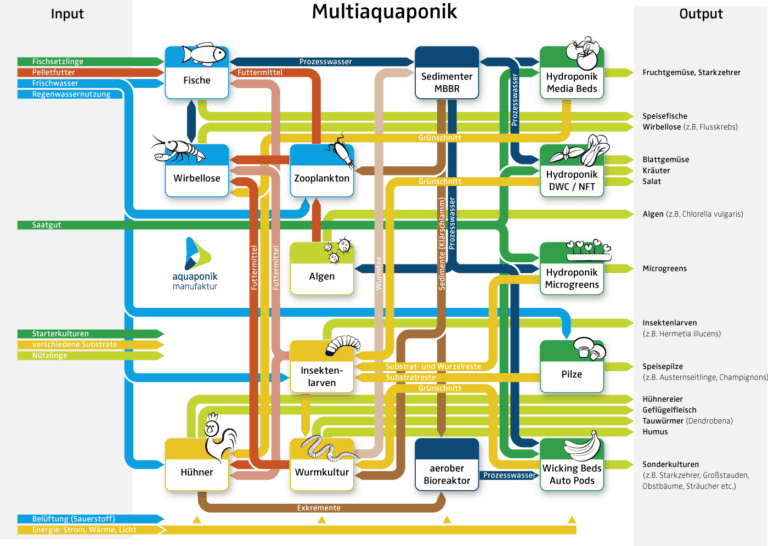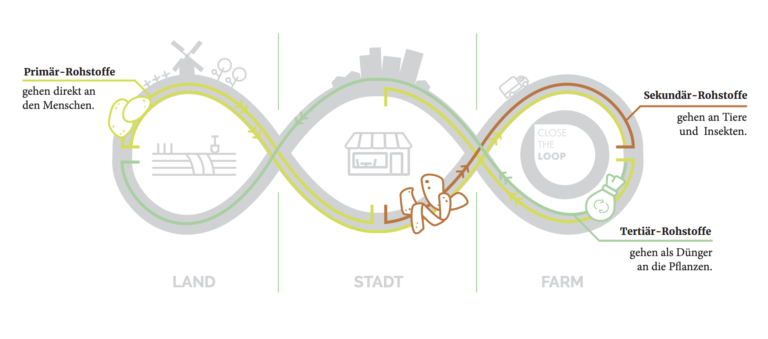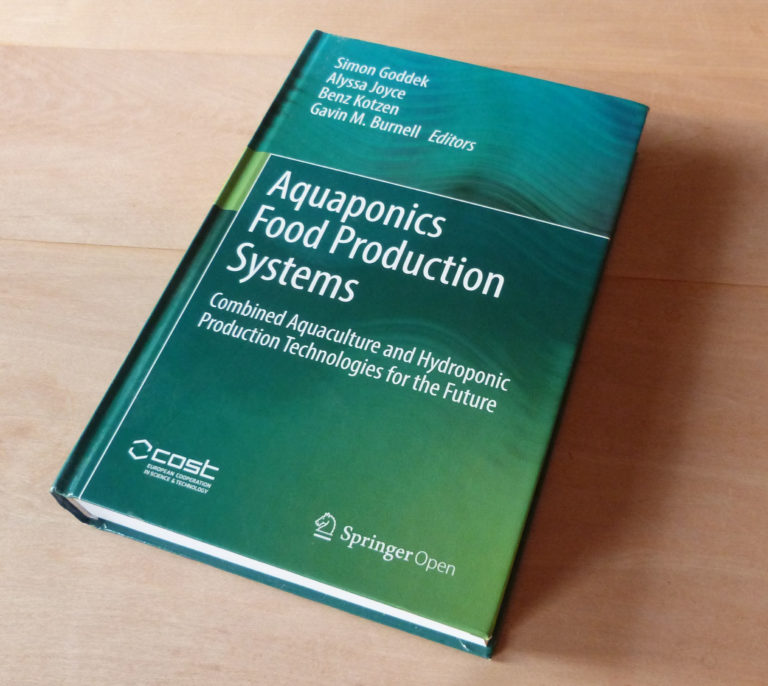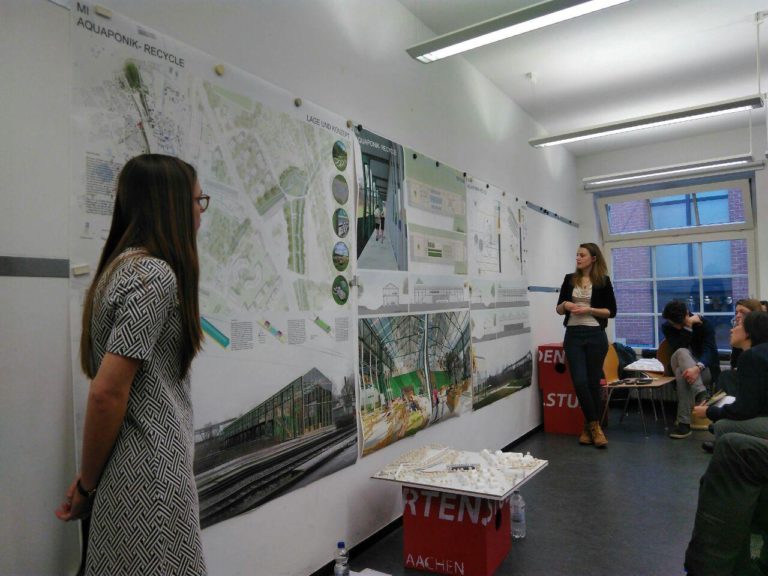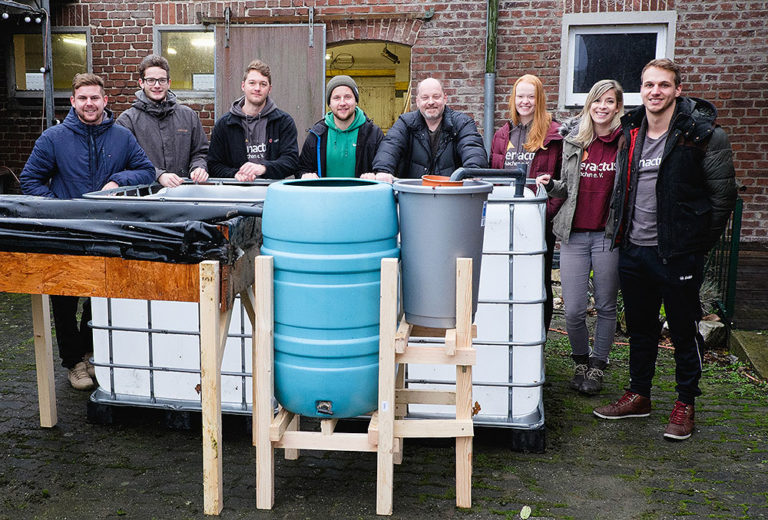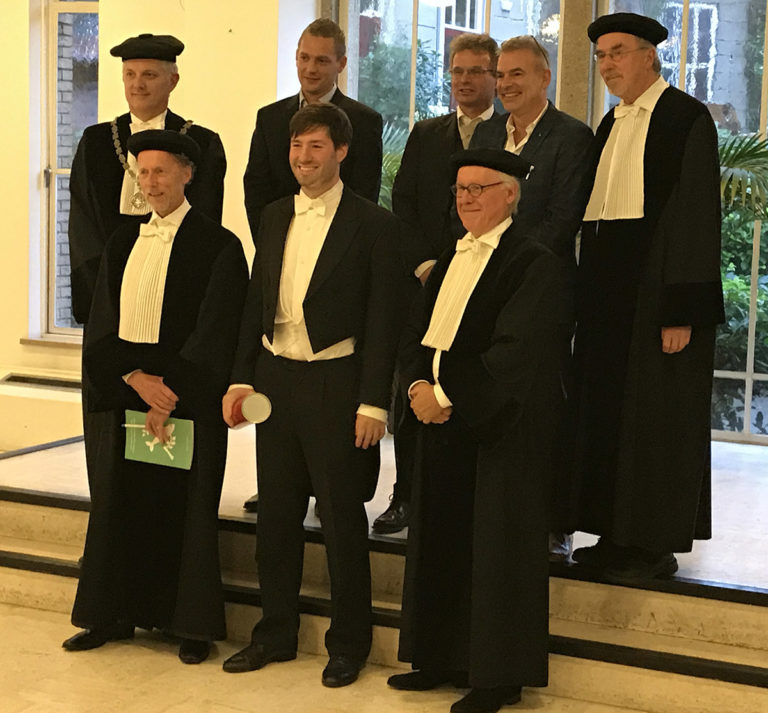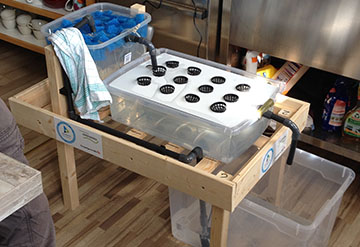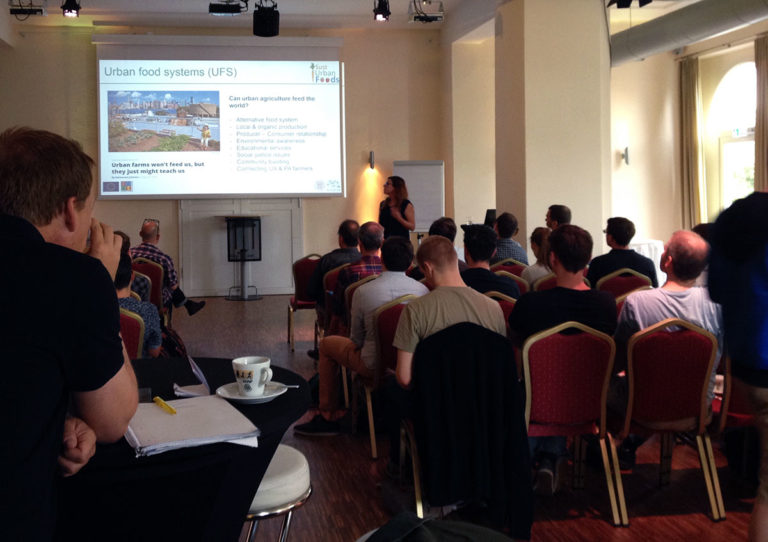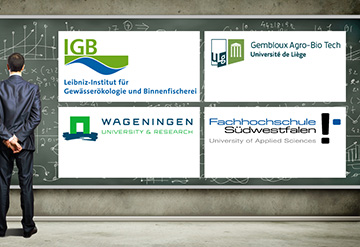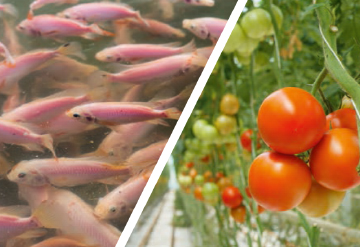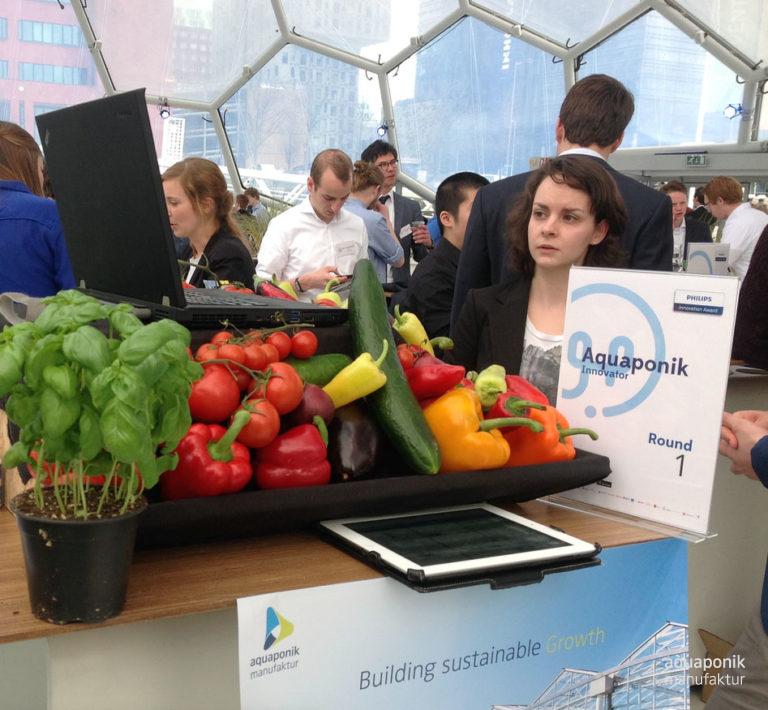Die FrontAg Nexus Initiative steht für eine innovative und nachhaltige Landwirtschaft, die auf den Prinzipien des WEFE Nexus (Water, Energy, Food, and Ecosystems) basiert und speziell auf die Herausforderungen in den ariden Mittelmeerregionen eingeht.
Der Titel FrontAG Nexus steht dabei für „Impact of Climate-Smart and Water-Saving Frontier Agriculture on the WEFE Nexus in Arid Mediterranean Regions“. Das Projekt soll in einer Zeit, in der Klimawandel, Ressourcenknappheit, schwindende landwirtschaftliche Flächen und Nahrungsmittelunsicherheit immer drängendere Probleme darstellen, das Ziel verfolgen, zukunftsweisende und wassersparende Technologien zu etablieren, die konsequent auf Kreislaufwirtschaft setzen.
Kickoff in Istanbul 2023
Das Projekt wurde mit einem Kickoff-Meeting vom 1. bis 3. Juni 2023 im Hotel Armada in Istanbul eingeleitet. Der Veranstaltungsort, gelegen am Rand der historischen Altstadt, bot einen inspirierenden Blick auf die großen Moscheen der Stadt und schuf eine perfekte Kulisse für den Start eines Projekts, das die Traditionen der Landwirtschaft mit innovativer Technologie verbindet.
The project
Mit Partnern aus Italien, der Türkei, Israel, Tunesien, Marokko und Jordanien strebt FrontAg Nexus danach, über 10 Demonstratoren von Frontier Agriculture zu realisieren, in denen lokale Farmer u. andere Anwender lernen können, die neuen Techniken mit Material vor Ort anzuwenden. Während der dreijährigen Projektlaufzeit werden sowohl die Demonstratoren realisiert, als auch die entsprechenden Weiterbildungsmöglichkeiten (Trainer, Material, etc.) und Infrastruktur für die Weiterbildung geschaffen werden.
Demonstratoren und genutzte Technologien
Die Hydroponik ist als erdlose Anbauweise in vielen verschiedenen Formen für nahezu alle denkbaren Pflanzen geeignet. Diese Systeme sind allesamt auch Beispiele für geschlossene Kreislauftechnologien und eine effiziente Wassernutzung bei höchsten Erträge.
Aquaponik englisch kombiniert als nachhaltige Landwirtschaftsmethode Fischmast mit der Hydroponik in einem geschlossenen Kreislauf. Die Abfälle der Fische dienen den Pflanzen als Nährstoffquelle, während die Pflanzen das Wasser reinigen. Dieses System erfordert minimalen Wasserverbrauch und verzichtet dabei auf synthetische Düngemittel und Pestizide.
Insektenproduktion gewinnt als alternative Proteinquelle zunehmend an Bedeutung. Verwendet werden protein-, vitamin- und mineralstoffreiche Insektenkulturen wie Black Soldier Fly oder Grillen, die für die im Wesentlichen zur Weiterverarbeitung zu Fischfutter verwendet werden.
Vermikultur / Vermikompostierung verwendet Würmer, um organischen Abfall in nährstoffreichen Kompost umzuwandeln. Diese umweltfreundliche Methode bietet eine effiziente Abfallverwertung und produziert mit dem Wurmtee hochwertigen organischen Dünger.
Agrophotovoltaik verbindet landwirtschaftliche Produktion mit der Erzeugung von Solarenergie. Solarpaneele werden über landwirtschaftlichen Flächen installiert und erzeugen so erneuerbare Energie, während sie gleichzeitig Schatten spenden und zur Wasserrückgewinnung beitragen.
Die beteiligten Partner
Das Projekt FrontAg Nexus wird durch die Zusammenarbeit vieler Partner realisiert. Darunter die Universität der Bundeswehr München, die das Projekt in Person von Gertrud Buchenrieder koordiniert und die verschiedene Arbeitspakete leitet. Weitere Partner im Projekt sind:
– Ben Gurion Universität Israel (BGU)
– Universität Bologna, Italien (UniBo)
– Nationales Landwirtschaftliche Forschungscenter in Jordanien (NARC)
– Mohammed VI Polytechnische Universität in Marokko, ElBosten Phytagri in Tunesien
– EUROSOLAR, Erneuerbare Energien, sowie die Stadtverwaltung Bodrum in der Türkei.
Unsere Rolle im Projekt
Die Aufgabe der aquaponik manufaktur GmbH (APM) im FrontAg Nexus Projekt, spezialisiert auf die Planung und Realisierung von Demonstrator-Anlagen in Zusammenarbeit mit den lokalen Partnern. Das Wissen um die technischen Grundlagen sowie den Anlagenbetrieb und die Wartung wird von der APM vermittelt, um einen reibungslosen Betrieb der Demonstratorsysteme zu gewährleisten.
Evidenzbasiertes Wissen und politische Empfehlungen
Die Untersuchung und Analyse der Demonstrationsfälle sollen evidenzbasiertes Wissen schaffen und bewährte Verfahren ermitteln. Die gewonnenen Erkenntnisse werden in politische Empfehlungen für die Ausweitung der Grenzlandwirtschaft in der Region einfließen. Ziel ist es, nachhaltige Landwirtschaft zu fördern und den Ansatz des Nexus Wasser-Energie-Nahrungsmittel-Ökosysteme (WEFE) zu unterstützen.
Offizielle Projekt-Website-Adresse: https://frontagnexus.eu/



This project (GA n° [2242]) is part of the PRIMA programme supported by the European Union.


